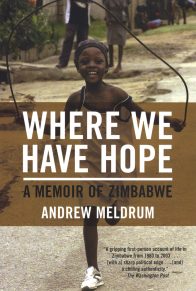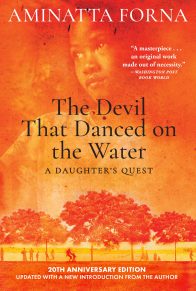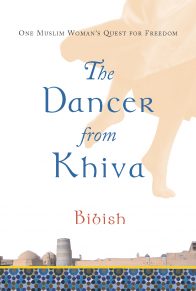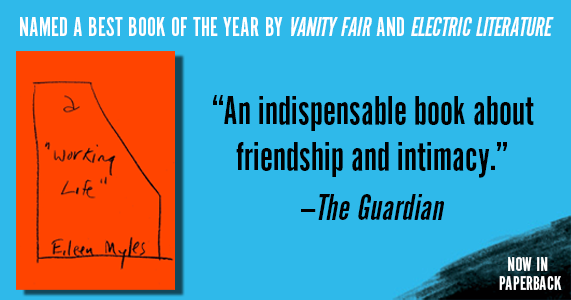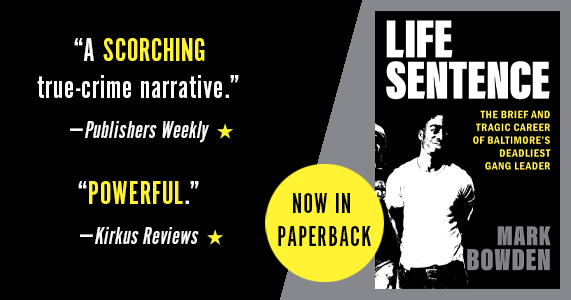“[An] intimate and valuable book of literary reportage . . . [Faleiro’s] language, like dots of colored light pinging from a smudgy mirrored ball, casts an intoxicating if unsettling glow. . . . Will break your heart several times over.” —Dwight Garner, The New York Times
“A glimpse into a frightening subculture unlike anything that a typical American has ever experienced. . . . With crackling prose, Faleiro provides an intense, disconcertingly entertaining [look] into the shadowy corners of a foreign culture; the fast-paced narrative, while undeniably journalistic, reads like a thriller. But what ultimately gives the book its resonance is Faleiro’s empathy and love for her fully developed subjects. In lesser hands, these young people could have come off as clichés, but the author makes sure we care for them and root for them to survive a life that most will never understand. Gritty, gripping, and often heartbreaking—an impressive piece of narrative nonfiction.” —Kirkus Reviews (starred)
“Through the kaleidoscope of deftly captured voices, Faleiro recreates the harsh world beyond the bar lights’ glow.” —Publishers Weekly
“Brilliant . . . It’s most outstanding quality to my eye is the window it offers on the widespread sexual repression that exists in India today, and the murky middle-class morality that rules it.” —The Guardian
“A tour de force of heartrending reportage . . . which blends rigorous journalistic research with the narrative skills of a novelist. Faleiro depicts effects as well as excavating causes, painting a vivid portrait of the daily—and nightly—life of a dancer. . . . With tight focus and pacing, she is adept at conjuring the brutal backstory of these lives.” —The Independent
“Faleiro delivers Leela’s story with a reporter’s distance and a novelist’s immediacy. She animates journalistic observations with vivid descriptions, and her dialogue sings with slang and dialect. Leela moves through the pages as a remarkable, tragic, and . . . grittily inspiring figure—victim, heroine, survivor.” —Hannah Calkins, Shelf Awareness
“Excellent . . . A meticulous, moving account of the battle for social mobility and personal freedom in Bombay . . . A rich portrait of the desires, vulnerabilities, and sheer resilience of Leela and her colleagues.” —The Sunday Telegraph (UK)
“In a fast-paced, conversational, high-octane circumstantial style, the contradictions of Leela’s hedonistic, heartbreaking life as a badass Lolita crossed with a naively knowing Sweet Charity are thoroughly and empathetically explored. Her rich character is sparked to vivid life in a highly colored work of brilliant literary reportage.” —The Times (UK)
“It is useless to describe the pathos and singular power of this book. Beautiful Thing is, quite, simply, one of the finest books on Bombay ever written.” —The Spectator (UK)
“Faleiro demonstrates that when written with empathy, the story of one person’s life can effectively tell the story of thousands.” —The Scotsman Book Supplement
“Does what every good piece of reportage ought to—took me to a place I couldn’t have gone by myself.” —Hari Kunzru, The Guardian (Best Books of 2011)
“A tour de force of reportage whose depth, insight, and resonance make it the equal to the best fiction.” —The Sunday Times
“[Faleiro] seamlessly weaves politics, history, sociology, urban activism, and healthcare into her portrait of Leela’s life as an erotic dancer, infusing her rhythmic sentences with Leela’s and her coterie’s sharp-witted and colorful patter. . . . Faleiro masterfully portrays the complexity of these women’s lives.” —Jenny McPhee, Bookslut
“Astonishing, gripping, immersive.” —Time Out (India)
“A revealing and important book.” —Sunday Times (Best Travel Book of the Year)
“A gripping and intimate portrayal of the lives of the women who work in [India’s sex industry]. She manages to evoke shock, rage, and laughter. . . . The book is a moving testament to girls who deal with the brutal hand fate has dealt them by capitalizing on the gifts they do have: beauty, an inner strength, and each other.” —Edna Fernandes, Literary Review (UK)
“Compelling . . . Faleiro has captured a world many refuse to acknowledge and shown it in a delicate, nonjudgmental and touching way.” —GQ (India)
“Faleiro [has] striking empathy, sensitivity, and [a] sharp ear.” —The Independent on Sunday
“Faleiro’s portrait of a teenaged Mumbai dancer, Leela, and her bright but brittle world is so compelling that it invites from us the question of exactly what might constitute genius in nonfiction.” —The National
“Unforgettable . . . Faleiro has transformed a door, studded with rusted nails of truth, heavy with the strange and disturbing secrets it hides, into a jeweled curtain, and she has drawn that curtain aside with an artist’s hand.” —Gregory David Roberts, author of Shantaram
“Faleiro writes her way into the bloodstream with this mesmeric book, fashioned with heart and enviable acuity. A shocking, funny, and memorable ride.” —Nikita Lalwani, author of Gifted
“Detailed, disturbing, admirable. A big achievement.” —The Indian Express
“A small masterpiece of observation . . . Sassy, sensitive, and deeply moving . . . Beautiful Thing opens up a hidden world with startling insight and intimacy, and strangely is both a tragic monument to the abused bar girls of Bombay and a celebration of their amazing resilience and spirit.” —William Dalrymple, author of Nine Lives: In Search of the Sacred in Modern India
“Without question a brilliant, unforgettable book by a writer who is one of the best of her generation . . . One of the most intimate and gripping books written about Bombay in a very long while.” —Business Standard (India)
“A rare glimpse into dismissed lives. Faleiro brings a novelist’s eye for detail and a depth of empathy to her work. A magnifi cent book of reportage that is also endowed with all the terror and beauty of art.” —Kiran Desai, author of The Inheritance of Loss





